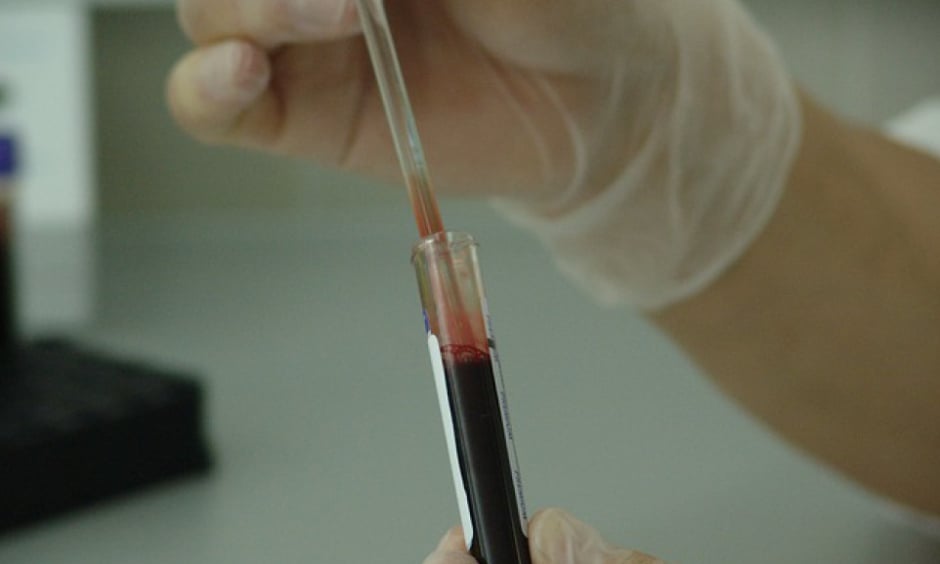DEPRESSION could potentially be treated by boosting blood levels of a substance produced naturally in the body called acetyl-L-carnitine, according to researchers from Stanford University, Stanford, California, USA. The study showed that people with depression have comparatively low levels of the substance, with the lowest levels observed in those with the most severe symptoms.
Animal Models
Previous studies on rodents have associated acetyl-L-carnitine with depression-like behaviour, and experiments have shown that administrating the substance orally or intravenously is able to reverse these symptoms in animals. This study for the first time provides a rigorous indication that such a link exists in humans as well.
A cohort of men and women aged from 20–70 years who had been diagnosed with depression and had been admitted for treatment to two institutions in New York City were recruited for the study. They were assessed clinically and had their blood samples and medical histories taken, in addition to being screened via a detailed questionnaire. Following the assessment, 28 were found to have moderate depression and 43 severe depression.
Link with Depression
Substantially lower blood levels of acetyl-L-carnitine were found in the blood of the people with depression compared with the blood samples of 45 demographically matched healthy individuals; these findings were consistent regardless of age and gender. The team additionally observed that there were especially low levels of the substance in those with the most severe symptoms, and that levels were also lower amongst those patients who had reported a childhood history of abuse, neglect, poverty, or exposure to violence.
New Treatments?
These findings display an exciting potential treatment avenue for depression. The earlier studies in animal models suggest that antidepressants that boost acetyl-L-carnitine levels could be faster-acting and have fewer side effects than currently available pharmacological treatments.
The authors cautioned, however, that further studies are required before any treatment recommendations are made. Lead author Dr Carla Nasca, Stanford University, stated: “We’ve identified an important new biomarker of major depression disorder. We didn’t test whether supplementing with that substance could actually improve patients’ symptoms. What’s the appropriate dose, frequency, duration? We need to answer many questions before proceeding with recommendations yet. This is the first step toward developing that knowledge, which will require large-scale, carefully controlled clinical trials.”
Acetyl-L-Cartinine
Acetyl-L-cartinine, which is widely available as a nutritional supplement, is thought to play a role in preventing excitatory nerve cells being fired excessively in the hippocampus and frontal cortex regions of the brain.
James Coker, Reporter
For the source and further information about the study, click here.








